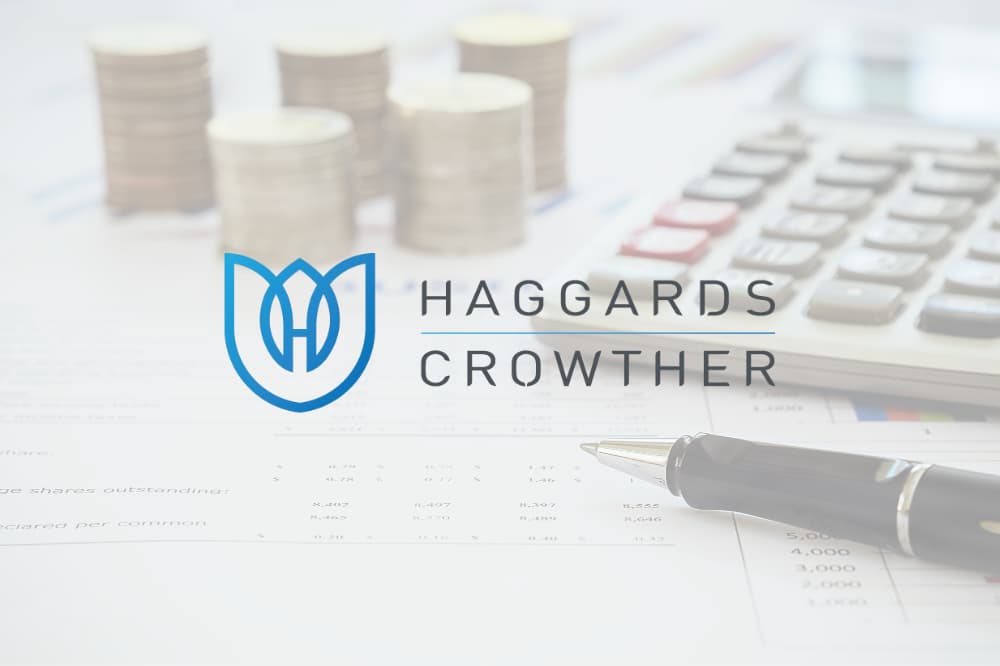
What are the tax planning options for a limited company owner earning over £100k?
27th January, 2024
While breaking the £100k mark can feel like a personal career high, it’s worth being aware of the tax implications of being in the top 2% of the UK’s earners.
When you trade through a limited company, the type of tax you pay and the method you pay it will differ between an employee and a sole trader or partner.
For the 2024/25 tax year, the standard personal allowance is £12,570. Your allowance is how much you can earn before you start paying Income Tax.
| Band | Taxable income | tax rate |
| Personal Allowance | Up to £12,570 | 0% |
| Basic rate | £12,571 to £50,270 | 20% |
| Higher rate | £50,271 to £125,140 | 40% |
| Additional rate | over £125,140 | 45% |
*This table is relevant for 2024/25. Tax rates are subject to change in the annual budget each financial year so please check the prevailing rates at the time of reading.
**Please be aware that £12,570 is the starting personal tax allowance and does not reflect any adjustments due to your personal circumstances.
However, if you earn over £100,000, the personal allowance of £12,570 is reduced by £1 for every £2 of income you earn over the £100,000 limit for the 2024–25 tax year. So, if you would normally receive the full personal allowance** but your total taxable income is £100,002, then your personal allowance reduces to £12,569 and so on for each additional £2 income. This means that the income on which you are taxed increases, and you will pay more tax overall.
So, what are the tax planning options for a limited company owner earning over £100k?
Some successful limited company owners will have profits that enable them to draw more than £100,000 annually. In such cases, it is common for the owner to take a minimal salary of around £9,000, and then for the rest of the drawings to be taken in the form of dividends.
Due to the loss of personal allowance set out above, the effective dividend tax rate in income ranges between £100,000 and £125,410 increases.
Tax efficiency can be achieved through the timing of the dividends declared, thereby limiting the years in which the personal allowance is reduced and therefore in which extra tax is payable.
Below is an example of how a business owner could pay less tax in scenario A than in B:
| Year 1 | Year 2 | Year 3 | Total income | |
| Scenario A | £100,000 | £145,000 | £100,000 | £345,000 |
| Scenario B | £115,000 | £115,000 | £115,000 | £345,000 |
With careful financial planning, business owners can pay less tax by simply planning the dates on which they declare dividends. In scenario A above, the savings would be over £3,000. This is one of the benefits of trading through a limited company. Alternatively, tax can be saved by making pension contributions, through gift aid, or by making SEIS or EIS investments, all of which are legitimate ways of keeping your taxable income below the £100,000 threshold.
Haggards Crowther has been successfully advising owner-managed businesses for over 15 years on simple, legal ways of paying less tax.
Why not give us a call at 020 7384 0920 or click here to email us to discuss how we can help you!
Blog produced by Tim Haggard

Andrew founded Haggards Crowther with his brother in 2004 and took over as Managing Partner in May 2023. He has always been closely involved in client work, in particular providing high level strategic tax and structuring advice, business advice and supporting the technical and compliance teams.
As Managing Partner, he has focussed on growing the business and ensuring the firm upholds its core values of Quality of Service, Innovation, Collaboration and Integrity. These remain central to all that we do both internally and in serving our clients.
A Fulham resident for over 30 years Andrew is closely connected with the local business community and supporting many of them on their journeys. He is especially linked with fellow start-up entrepreneurs advising them on their growth strategies and optimal structures.
A passionate Fulham FC supporter, along with his two sons, Andrew rarely misses a game. He plays and coaches volleyball, something he has done since university in Edinburgh, and which offsets another of his passions: exploring the vast and diverse range of food that London’s restaurants have to offer.
He has a keen interest in many conservation projects especially in protecting endangered species of birds and actively supports the Mabula Project in South Africa. This charity supports the Southern Ground Hornbill, a charismatic species of cultural and ecological importance threatened by loss of habitat through the encroaching development of the savannah.





